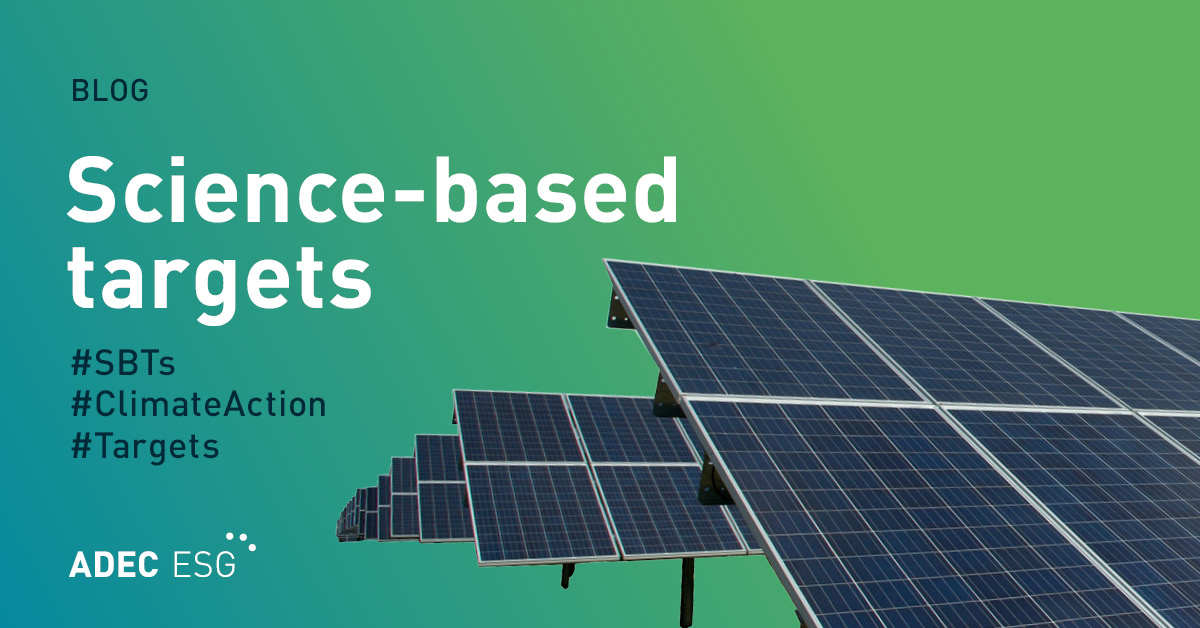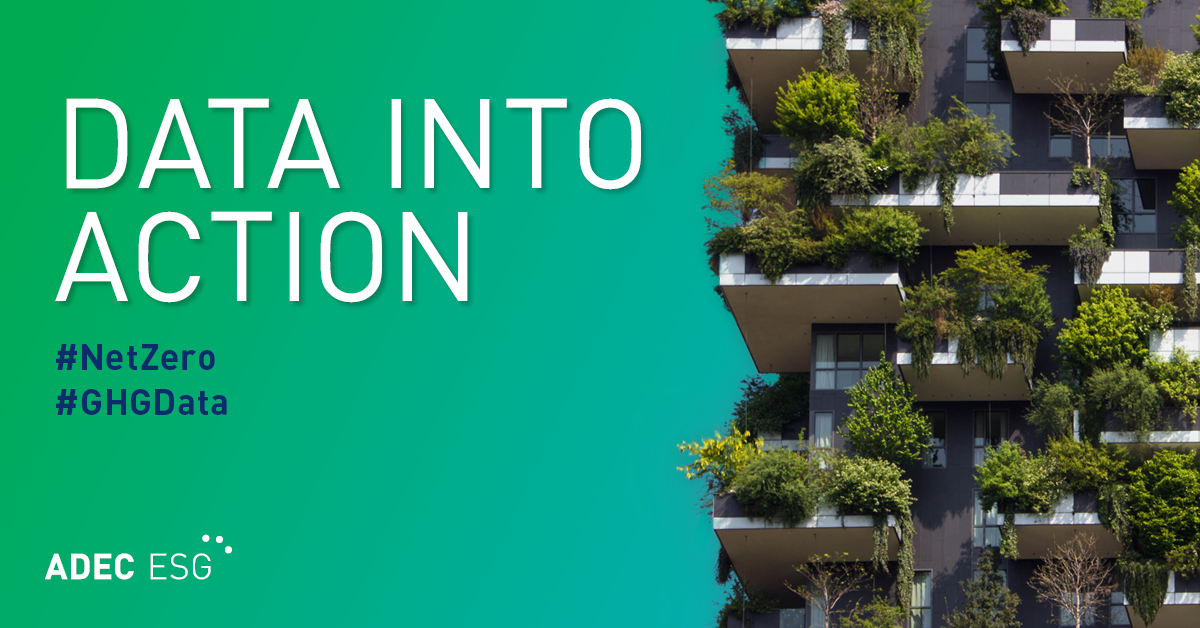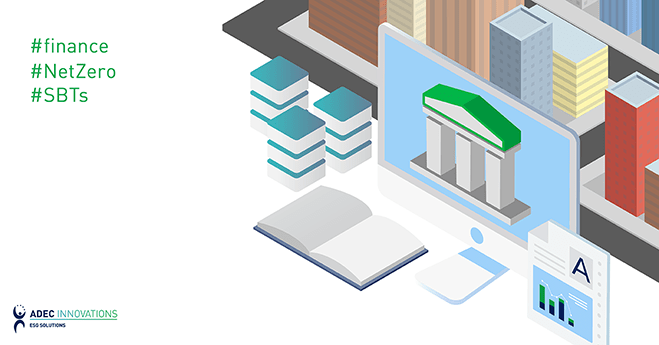In 2015, 195 countries came together to develop the landmark Paris Climate Agreement, which commits its signatories to take action that will prevent average global temperatures from increasing by more than 2°C above pre-industrial levels. This is a considerable challenge. Government commitments to reduce emissions are crucial. To meet the targets set in Paris, cities and companies must also make drastic reductions to their emissions.
The Science-Based Targets (SBTs) initiative was set up to provide companies and institutions with a clear path to emissions reduction, through setting targets that are independently verified as being in line with up-to-date climate science. To date, more than 300 companies have committed to set SBTs.
The SBT initiative defines SBTs as follows:
“Targets adopted by companies to reduce greenhouse gas (GHG) emissions are considered ‘science-based’ if they are in line with the level of decarbonization required to keep global temperature increase below 2°C compared to pre-industrial temperatures, as described in the Fifth Assessment Report of the IPCC.”
In most cases, an SBT will stipulate that an institution reduce its GHG emissions to 49-95% below 2010 levels by 2050.
Different types of institutions, from the national level to local government and businesses, adopt SBTs in different ways and for different, though often parallel, reasons.
- Cities: Over half of the world’s population live in cities. Ensuring urban infrastructure is resilient to increasingly common extreme weather events, such as floods, can be challenging and expensive. Cities have significant interest in mitigating global warming before its effects become catastrophic. As a result, many cities are adopting Climate Action Plans (CAPs), detailing how their communities can contribute to reducing emissions and prepare for the impacts of climate change on public health, infrastructure, ecosystems, and public spaces. Most city CAPs incorporate SBTs as a key indicator of their aims.
- Countries: The 196 governments that signed the Paris Climate Agreement face many of the same practical challenges as cities, on a larger scale. Extreme weather events, the collapse of key ecological systems, and large scale movements of the population brought about by climate change can all have damaging effects on a nation’s economy and infrastructure. The Paris signatories used SBTs to state commitments that will, if met, accomplish the goal of minimizing global GHG emissions, bringing them down to a flat level by mid-century.
- Companies: A majority of GHG emissions are generated by the activities of businesses. If we are to meet the <2°C goal agreed upon in Paris, and prevent the worst effects of climate change, the private sector must also contribute to reducing emissions.
As well as helping to achieve the direct role of mitigating climate impacts, there are a number of other benefits for companies setting SBTs. The transition to a low-carbon economy will catalyze the development of new technologies, from affordable offshore wind energy capacity to unique carbon capture and storage (CCS) methods. Setting SBTs puts your company at the forefront of this new wave of innovation. It also reduces regulatory uncertainty, helping you stay ahead of future government emissions policies that will regulate company behavior. Finally, SBTs are an important tool for strengthening stakeholder confidence, reassuring employees, customers and investors that your company is taking a responsible approach to the issues of the modern world.
In order to meet the challenges of climate change, global organizations must take a leadership role in emissions reduction efforts. Setting science-based targets is an effective way for your organization to play an active part in mitigating climate change, catalyzing new technological innovation and communicating a responsible, future-focused message to customers and investors.
To learn how to set Science-Based Targets, check out our next blog post, which offers three different approaches to setting your SBTs.
ADEC ESG supports companies at every step on their sustainability journeys, including setting, monitoring, and achieving science-based targets. Learn more about how we can help your organization achieve your ESG goals here.




